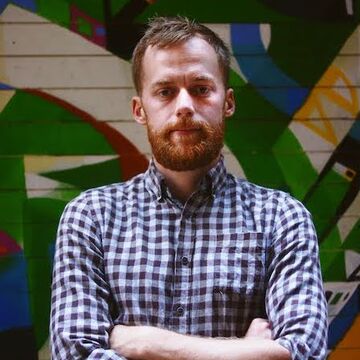

Charles Corwin
Lecturer
Contact
Bio
Education: M.A. Regional and Community Planning, 2011, Kansas State University, Manhattan, KS; Ph.D. Urban Planning and Policy, 2019, University of Illinois at Chicago (UIC). Publication: The International Journal of Interdisciplinary Environmental Studies. Reports: Report for National Wildlife Federation; Report for Chicago:Food:Land:Opportunity. Awards: National Wildlife Federation Grant; Humanities Without Walls Grant; Building Community Resilience Fellow, Alliance for the Great Lakes, Chicago.
Personal Statement
My dissertation research focused on the relationship of farmer knowledge networks and adoption of conservation practices in north central Illinois. My recent work looks at how farmer identity and agricultural group involvement affect farmer decision making. In addition to my agricultural research, I am interested in engaging my classrooms with community-based research projects. My Ecology of Contested Spaces and Environmental Justice classes continue to collaborate with community leaders in North Lawndale, a historically disenfranchised west-side Chicago neighborhood, to provide research, design, and volunteer efforts to address community environmental needs.